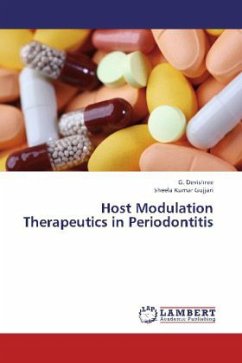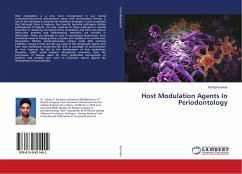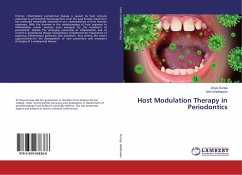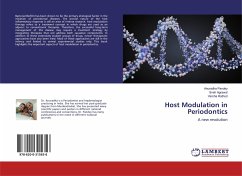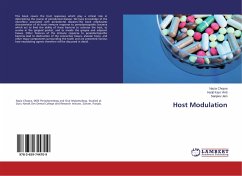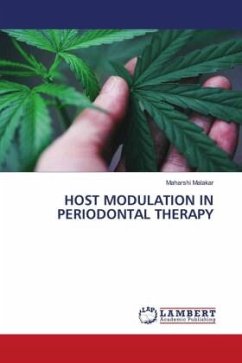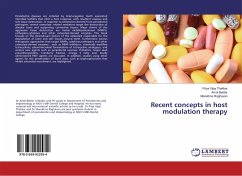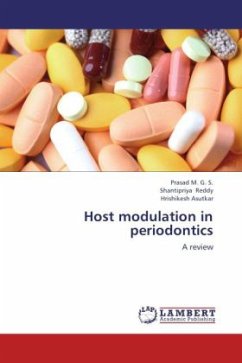Periodontitis is an infection-driven chronic inflammatory disease that affects the integrity of tooth-supporting tissues. Over the last two decades it has become more evident that although oral microorganisms are essential agents of periodontal pathogenesis, interpatient variability in the host response is a major determinant of the expression of periodontal disease extent and severity. The shift in paradigms to a concentration on the host response has led to the development of host-modulatory therapies to improve therapeutic outcomes, slow the progression of disease, allow for more predictable management of patients, and possibly even work as preventive agents against the development of periodontitis. Thus, Host modulatory agents, when used adjunctively, may enhance clinical therapeutic responses and make these responses more predictable in the susceptible host.

